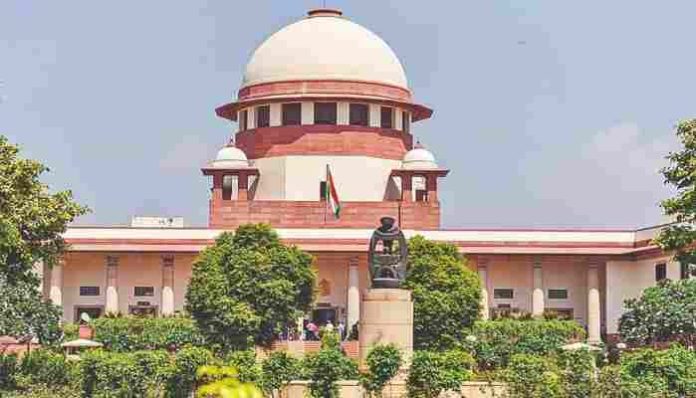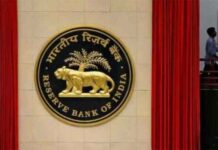
According to the Times of India report, can an increment granted to an employee be recovered from him after his retirement on the ground that they were granted erroneously?
The Supreme Court said it cannot be done if there was no misrepresentation made or fraud committed by the employee.
The proceeding was under the guidance bench of Justices S Abdul Nazeer and Vikram Nath. They came to the rescue of a government teacher from Kerala against whom recovery proceedings were initiated by the state for wrongly granting him increments.
To briefly describe the case, the teacher took study leave in 1973 but this leave period was not considered for promotion. Future in the year 1997 he was issued notice. This was basically for recovery proceedings that were to be initiated against him post his retirement in 1999.
He first approached the Public Redressal Complaint Cell of the chief minister of Kerala but was not granted relief. Then he moved to the High Court which dismissed his plea.
The bench said, “This court in a catena of decisions has consistently held that if the excess amount was not paid on account of any misrepresentation or fraud of the employee or if such excess payment was made by the employer by applying a wrong principle for calculating the pay/allowance or on the basis of a particular interpretation of rule/order which is subsequently found to be erroneous, such excess payment of emoluments or allowances are not recoverable.”
The bench further added, “This relief against the recovery is granted not because of any right of the employees but in equity, exercising judicial discretion to provide relief to the employees from the hardship that will be caused if the recovery is ordered.”
The bench said, “This court has further held that if in a given case, it is proved that an employee had knowledge that the payment received was in excess of what was due or wrongly paid, or in cases where the error is detected or corrected within a short time of wrong payment, the matter being in the realm of judicial discretion, the courts may on the facts and circumstances of any particular case order for recovery of the amount paid in excess.”
The complete cycle was followed for him as a relief process. The legal battle was brought to an end by the SC after 20 years.
The Supreme Court said in its petition that the employees cannot be held responsible in such a situation. Also, the recovery of the excess payment should not be ordered. In the case of employees especially when they will subsequently be retired.








